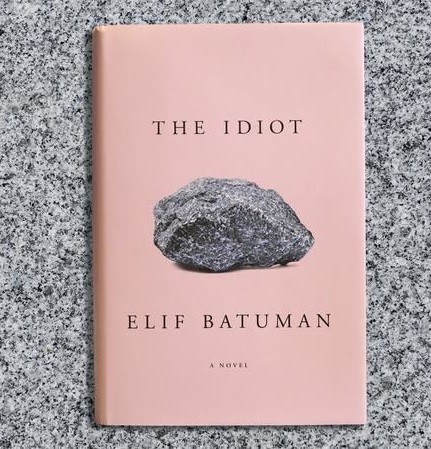

In addition to exhorting American writers to “write long novels, pointless novels,” Batuman also uses “botched” as a term of approval. In fact, the novel proceeds in a manner not unlike a “random walk,” a concept from math and physics that happens to be the subject of Ivan’s thesis. In this way, the narrative resembles Batuman’s 2006 assertion of what literature needs: “Novels like The Miner, where you go into the mine and nothing happens novels unlike Germinal, where you go into the mine and come out a socialist.” To say nothing happens in Batuman’s novel isn’t strictly accurate-Selin makes friends, takes walks, goes to class, thinks about Ivan, creates art, and grapples with newfound knowledge and received ideas-but a so-called satisfying narrative arc isn’t one of the work’s takeaways. Ivan shares his name with the primer’s male protagonist.Įmailing makes Selin feel as though she is “living two lives,” and she considers what would happen if she and Ivan “both had ghostwriters.” Their correspondence, like their relationship, builds with tantalizing slowness as a series of advances and reversals. When Ivan and Selin strike up an increasingly intimate email correspondence, occasionally in Russian, their messages incorporate phrases from the primer, itself a love story. They become partners in class, acting out scenarios from a grammar primer that form an embedded narrative. In the beginning Russian course, the narrator meets Ivan, an older Hungarian student of mathematics.


The medium of email meshes with each of these disciplines and with the exciting and overwhelming ideas Selin encounters. She takes another class called Constructed Worlds she enters and wins the undergraduate fiction contest. Selin is fascinated by language and takes courses in Russian, linguistics, and philosophy of language. The novel opens in the fall of 1995, and email is present in its first sentence: “I didn’t know what email was until I got to college.” The narrator, like the author, is a Turkish-American woman who enrolls at Harvard. The Idiot incorporates a boundary-redrawing method of communication-email, that purveyor of garbage-into its structure. Reading the Best American Short Stories anthologies of 20, she writes that, almost without exception, the stories have been “pared down to a nearly unreadable core of brisk verbs and vivid nouns” that is “celebrated as ‘lean,’ ‘tight,’ ‘well-honed’ prose.” The novel, on the other hand, “consists of all the irrelevant garbage, the effort to redeem that garbage, to integrate it into Life Itself, to redraw the boundaries of Life Itself.” In 2017, with the publication of The Idiot, Batuman gives us a version of this novel. In the Spring 2006 issue of n+1, Elif Batuman makes the case for what the novel should do.


 0 kommentar(er)
0 kommentar(er)
